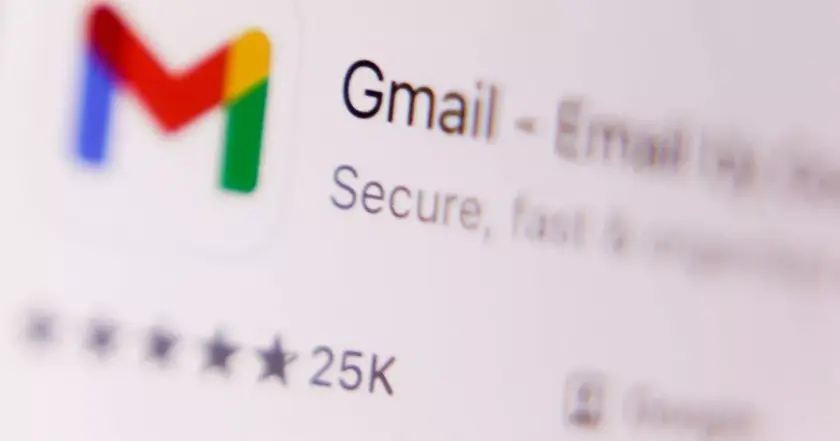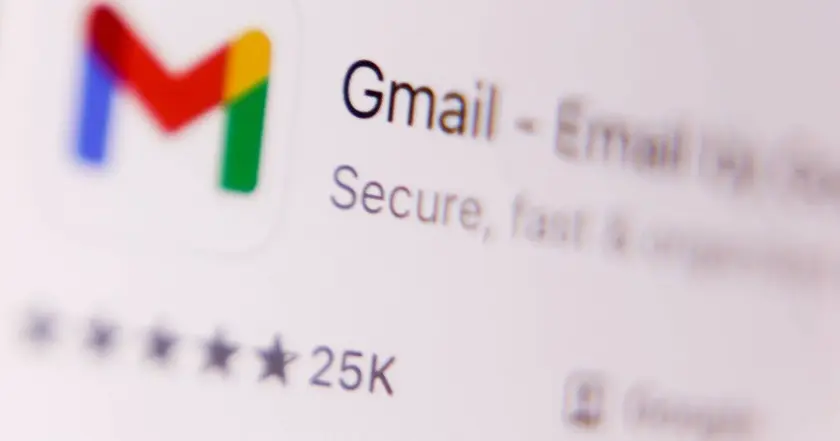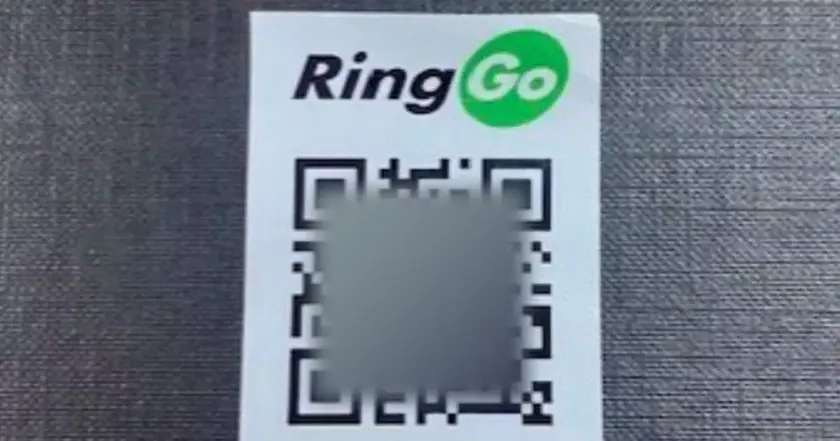T4K3.news
Puppy scam alert
A warning about online puppy listings and how to spot fraudulent ads.

Ads for puppies on sites and social media lure buyers with polished listings that often prove to be non existent.
Puppy scam dupes buyers with fake listings
Online ads for puppies appear across pet marketplaces, classifieds, and social media. While some listings are genuine, others describe litters that do not exist. Buyers may pay a deposit after a phone or video call, only to find the seller disappears or gives a flimsy excuse. In a widely cited UK case, Kate Margolis paid £500 for a golden retriever that never arrived and later vanished.
Experts advise buyers to use reputable adoption charities or breeders. The Kennel Club in the UK has ended its Approved Breeder programme, so buyers must do their own research. A reverse image search can reveal stolen photos. Ask for full paperwork, vet records, and proof of microchip. Always arrange an in person visit with the mother before paying. Do not pay to hold a puppy. Margolis later helped launch Petproov to help verify IDs and documents.
Key Takeaways
"They sounded knowledgable and walked me through the whole process using all the right terminology."
Victim describes the persuasive language used by scammers.
"Phrases like 'Can you pay now to hold the puppy?' are a common red flag."
Highlights a tactic used to rush payment.
"Trust your instincts. If something feels off, it probably is."
Advice given by the victim.
"I filled out a form on the site, and the breeder called me almost immediately."
Shows how quick replies build trust.
Online pet ads prey on emotions. Scammers use polished websites, quick replies, and social proof to rush a decision. The case in the article shows how a strong-looking setup can hide an absent animal and a vanished refund.
Beyond individual cases, the piece points to a need for better verification tools, clearer marketplace policies, and consumer education. Tech solutions like Petproov signal a market response, while policy shifts by groups such as the Kennel Club highlight gaps in formal oversight. The central question is how markets balance the desire to find a loving pet with safeguards against fraud.
Highlights
- If something feels off, it probably is.
- Ask to see ID and vet records before paying a dime.
- Reverse image search can expose stolen photos.
- Visit the puppy in person before sending money.
Consumers should stay vigilant as online pet markets evolve.
Enjoyed this? Let your friends know!
Related News

Google alerts Gmail users about AI scam

Gmail users alerted about serious AI scam threat

Amazon warns 200 million customers about scams

Amazon alerts 220 million Prime users of scams

Plymouth warns RingGo parking scam

Amazon Prime introduces new rules for member safety

Phishing scam targets Facebook users

FBI Issues New Cybersecurity Warning
